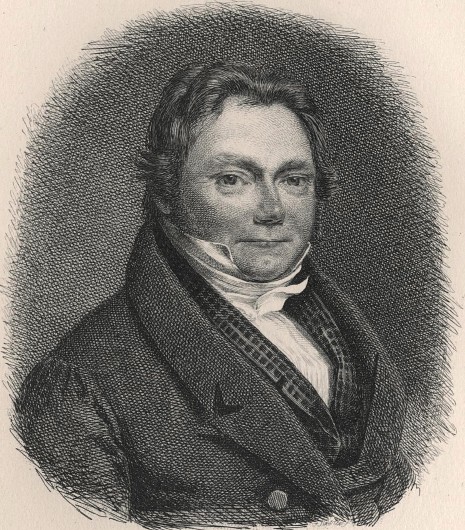Present day knowledge that all materials are composed of a finite number of chemical elements has been furthered to a large extent by the Swedish chemist Jöns Jakob Berzelius (1779-1848).
Berzelius establishes the law of constant proportions, which states that all chemical compounds always contain the same proportion of the chemical elements from which they are made. He tests this in countless series of experiments, particularly on various salts.
Berzelius uses the galvanic battery, which has just been invented, to conduct electrochemical experiments with salts, from which he obtains insights into the importance of electricity for the bonding of chemical elements.
While examining minerals, and also waste products of the emerging chemical industry, Berzelius discovers new elements, such as thorium. Berzelius‘ Chemistry Textbook becomes the standard reference work in Europe and profoundly influences an entire generation of chemists.
 Scene
Scene


 1st Slide
1st Slide
 Branching Point
Branching Point
 Module: Transmutation / Chemische Veraenderungen
Module: Transmutation / Chemische Veraenderungen Sequence: 0.0. START
Sequence: 0.0. START Branching Point: Transmutation and Chemical Changes
Branching Point: Transmutation and Chemical Changes Slide: Fire Assaying
Slide: Fire Assaying Back
Back


